Deputatul PSD Liviu Pleșoianu, demers fără precedent. Acesta a trimis o scrisoare către Comisia LIBE din Parlamentul European, către Comisia Europeană, către Consiliul Uniunii Europene, precum și către toți europarlamentarii de la Bruxelles prin care redactarea unei rezoluții pentru stoparea corupției.
"Am trimis chiar acum textul de mai jos către Comisia LIBE din Parlamentul European, către Comisia Europeană, către Consiliul Uniunii Europene, precum și către toți europarlamentarii de la Bruxelles. Pe scurt, este vorba despre o solicitare temeinic documentată: Uniunea Europeană trebuie să redacteze o Rezoluție și să pornească un Mecanism de Cooperare și Verificare pentru toate statele membre care EXPORTĂ CORUPȚIE. Conform datelor oficiale ale OECD, precum și ale Departamentului de Justiție american, vorbim despre companii multinaționale care dau mită în străinătate în valoare de MILIARDE de EURO anual! În cazul unora dintre ele (cum este compania suedeză TELIA), pachete semnificative de acțiuni sunt deținute chiar de guvernele țărilor unde au fost înființate!
Iată solicitarea:
STOP the export of #CORRUPTION! I call for urgent measures: a EP Resolution and a Cooperation and Verification Mechanism for all EU member states exporting corruption through foreign bribery! Foreign bribery is a plague that affects tens of millions of European citizens!
As a European citizen and as a member of the Romanian Parliament, I am writing to express my deep concern regarding the high level of corruption exports within the European Union! Foreign bribery has reached such high levels that urgent action is required. The European Commission, the Council of the European Union and the European Parliament cannot keep closing their eyes and avoiding the subject.
OECD has been fighting against foreign bribery for over 20 years through the Convention on Combating Bribery of Foreign Public Officials in International Business Transactions. The United States of America has been fighting against foreign bribery since 1977 through the Foreign Corrupt Practices Act (FCPA).
...But the European Union does NOTHING. This is simply unacceptable! The export of corruption should have been a major international concern for the European Union for decades now. But it is never too late to get on the right track...
For decades, all EU initiatives regarding „corruption”, „good governance” and „rule of law” dwelled only on developing countries, and never on industrialized ones. Everybody talks about internal corruption and no one talks about the export of corruption, about the grand corruption of wealthy multinationals. ONGOING DEBATES AND RESOLUTIONS ARE ISSUED ONLY ON BRIBE-TAKERS AND NEVER ON BRIBE-GIVERS!
If there is any honesty left there, then the focus needs to be shifted. Multinationals, supported by powerful Western governments and their numerous agencies, are engaging in corruption on a vast scale all around the globe! Real action against the grand corruption has to involve effective sanctions against multinationals engaging in corrupt practices. Also, there is an acute need for true political transparency in order to remove the secrecy under which the export of corruption flourishes.
Multinationals routinely pay bribes to gain contracts from other governments. A World Bank estimate places the total corruption involved in international trade at about $80 billion per year. Another survey conducted by the World Bank of 3600 firms found that 40% of the surveyed businesses pay bribes!
There are 5 EU multinationals in the TOP 10 biggest FCPA enforcement actions of all time (based on penalties and disgorgement assessed in the U.S. enforcement documents)! 5 out of 10, positions 2 to 6:
2. Telia Company AB (Sweden): $965 million in 2017.
3. Siemens (Germany): $800 million in 2008.
4. VimpelCom (Holland) $795 million in 2016.
5. Alstom (France): $772 million in 2014.
6. Société Générale S.A. (France): $585 million in 2018.
The main conclusion we can draw by analyzing the OECD and the FCPA reports on foreign bribery is the following: the wealthiest and most powerful EU countries have a DOUBLE STANDARD FOR BRIBERY – they discourage it at home, but indirectly encourage it abroad by tolerating the mischievous actions of their multinational companies! And we are not talking little bargains, we are talking TENS of BILLIONS per year! This is the real, the true, the BIG CORRUPTION within the European Union!
Therefore, I call for urgent measures: a EP Resolution and a Cooperation and Verification Mechanism for all EU member states exporting corruption through foreign bribery! The European Commission, the European Parliament and the Council of the European Union need to STOP the export of #CORRUPTION! Put an end to this PLAGUE affecting tens of millions of European citizens and hundreds of millions of citizens worldwide!
JUST A FEW RECENT EXAMPLES OF HUGE CORRUPTION EXPORTS WITHIN THE EUROPEAN UNION:
Foreign BRIBERY – Top EU countries exporting corruption
FRANCE
1. Société Générale S.A. – the total penalties to be paid by the bank exceed $1 billion.
The United States Department of Justice, Monday, June 4, 2018: Société Générale S.A. Agrees to Pay $860 Million in Criminal Penalties for Bribing Gaddafi-Era Libyan Officials and Manipulating LIBOR Rate.
Société Générale S.A. (Société Générale), a global financial services institution based in Paris, France, and its wholly owned subsidiary, SGA Société Générale Acceptance N.V., have agreed to pay a combined total penalty of more than $860 million to resolve charges with criminal authorities in the United States and France, including $585 million relating to a multi-year scheme to pay bribes to officials in Libya and $275 million for violations arising from its manipulation of the London InterBank Offered Rate (LIBOR), one of the world’s leading benchmark interest rates. SGA Société Générale Acceptance N.V. will plead guilty in the Eastern District of New York in connection with the resolution of the foreign bribery case. Together with approximately $475 million in regulatory penalties and disgorgement that Société Générale has agreed to pay to the Commodity Futures Trading Commission (CFTC) in connection with the LIBOR scheme, the total penalties to be paid by the bank exceed $1 billion.
2. Alstom – pays $772 million for FCPA settlement, SFO brings new charges
Paris-based Alstom pleaded guilty to bribing officials in Indonesia, Saudi Arabia, Egypt, and the Bahamas. It pays $772 million in criminal penalties to settle the charges.
"In total," according to the US Department of Justice, "Alstom paid more than $75 million to secure $4 billion in projects around the world, with a profit to the company of approximately $300 million."
*THE SPECIAL AIRBUS CASE STUDY:
COUNTRIES TARGETED BY ALLEGED BRIBERY: Austria, China, Greece, India, Indonesia, Kazakhstan, Kuwait, Mali, Mauritius, Pakistan, Poland, Saudi Arabia, Sri Lanka, Thailand, Tunisia, Turkey
TOTAL FINES AND OTHER MEASURES TO DATE: €81 million disgorgement and €250,000 fine (Munich, Germany); temporary withdrawal of export credit (UK); undisclosed settlement (Bremen, Germany)
As is apparent in many recent foreign bribery cases, the use of shell companies to cover the trail of money is also a feature of several strands of the Airbus saga. According to German magazine Der Spiegel, the Munich prosecutor leading the Eurofighters case suspected that “significant sums of money” from Vector (one of the two UK companies that received €114 million in payments from Airbus, or EADS as it was called at the time) were “to be used for bribery payments to decision makers ... in Austria”. The magazine also claims that investigators were only able to find records pertaining to €9 million, with the rest passed on to shell companies in places such as Hong Kong, Singapore and the British Virgin Islands, raising suspicions that Vector maintained a slush fund for the entire company as a source of bribes, and not just for the fighter plane order from Austria. More recently, The Guardian reported an apparently unrelated series of questionable financial transactions involving €19m by two companies (Eolia and Avinco Holdings) alleged to be secretly controlled by Airbus, a large portion of which was then routed to a mysterious company via Panama. While there is no evidence in either case that the funds were ultimately used for bribery schemes, there remains no plausible explanation for why such large sums of money apparently went completely unaccounted for, and there are legitimate reasons to question the need for a leading company such as Airbus to engage in such secretive arrangements.
The Airbus case, and in particular the investigation into GPT Special Project Management in the UK, also highlights the potential for political interference in such high-profile cases. Although the case has been under investigation for more than five years and despite reports at the end of 2016 that the SFO was preparing to bring charges, the case remains unresolved. A recent study by the NGO Corruption Watch UK suggests that this may be due to strong political pressure to prevent or limit GPT’s prosecution because of the UK government’s desire to secure trade and defense-related deals with countries such as Saudi Arabia ahead of Brexit. This is despite the fact that Article 5 of the OECD Anti-Bribery Convention prohibits considerations of national economic interest or damage to relations with a foreign state when investigating and prosecuting bribery, and despite the serious reputational damage caused to the UK by the 2006 decision to close an investigation into allegations of widespread corruption by BAE Systems in a government to government contract in Saudi Arabia, for similar reasons of so-called national interest. As the Corruption Watch UK report notes: “The GPT investigation is a real test of the independence of the SFO and its ability to pursue overseas corruption investigations involving government to government contracts in highly sensitive contexts”. Such considerations are especially relevant to Airbus, given that the company is part-owned by the French and German governments and is a key strategic industry in both countries.
In 2016 Airbus, Europe’s aerospace giant, reported itself to Britain’s Serious Fraud Office (SFO) and to French authorities for lying to export-credit agencies about bribes given by consultants; it may end up paying as much as $3bn in fines—but could otherwise have faced a higher fine or even prosecution.
SWEDEN
Telia - $965 million in a global settlement
The Sweden-based telecommunications provider Telia Company AB has agreed to pay $965 million in a global settlement with the Securities and Exchange Commission, U.S. Department of Justice, and Dutch and Swedish law enforcement to resolve charges related to violations of the Foreign Corrupt Practices Act (FCPA) to win business in Uzbekistan. According to the SEC’s order, Telia entered the Uzbek telecommunications market by offering and paying at least $330 million in bribes to a shell company under the guise of payments for lobbying and consulting services that never actually occurred.
Of the stock, 37.3% of Telia is owned by the Swedish government. This means only one thing: the Swedish government EXPORTS CORRUPTION! Therefore, a Cooperation and Verification Mechanism is mandatory in the case of Sweden! Sweden has to stop the export of corruption or otherwise become the subject of a Resolution!
THE NETHERLANDS
1. VimpelCom - reaches $795 million resolution with U.S., Dutch authorities
Amsterdam-based VimpelCom Limited, the world’s sixth-largest telecommunications company, and its wholly owned Uzbek subsidiary, Unitel LLC, entered into resolutions with the DOJ, SEC, and Dutch authorities Thursday for paying more than $114 million in bribes to a government official in Uzbekistan between 2006 and 2012.
The settlement requires VimpelCom to pay a $230.1 million criminal penalty to the DOJ, $167.5 million in disgorgement and pre-judgment interest to the SEC, and $397.5 million to Dutch prosecutors. The U.S. penalties of $397.6 million made Thursday's resolution the sixth biggest Foreign Corrupt Practices Act enforcement action in history.
2. SBM OFFSHORE
COUNTRIES TARGETED BY THE ALLEGED BRIBERY: Angola, Brazil, Equatorial Guinea, Iraq, Kazakhstan (the enforcement in Brazil is against domestic bribery)
TOTAL FINES AND OTHER MEASURES TO DATE: Criminal penalties of at least US$478 million
CASE DETAILS SBM Offshore N.V., a major Dutch corporation specializing in the design, construction and supply of offshore oil and gas drilling equipment, has been the subject of a series of foreign bribery enforcement actions in the Netherlands, the United States, the UK and Brazil (with the support of Swiss authorities) since 2014. Following its own internal investigation in 2014 into initial allegations of bribery made by a whistleblower and its report to the Dutch authorities, SBM Offshore entered into an out-of-court settlement with the Netherlands Public Prosecutor’s Service. The settlement related mainly to US$180.6 million in improper payments to sales agents and foreign government officials in Angola, Brazil and Equatorial Guinea between 2007 and 2011, and called for a payment by SBM Offshore of US$240 million in total (US$40 million fine and US$200 million disgorgement) in three instalments. After the Dutch settlement, the US Department of Justice (DoJ) initially announced that it was closing its own inquiry into the matter. However, the DoJ reopened the case in 2016 based on new information that a US-based executive of SBM’s wholly owned US subsidiary (SBM Offshore USA) managed a significant portion of the corrupt scheme within the jurisdiction of the United States. In court papers filed in November 2017, the DoJ alleged and SBM Offshore admitted that between 1996 and 2012, the company conspired to violate the US Foreign Corrupt Practices Act (FCPA) by paying more than US$180 million in commissions to intermediaries in Angola, Brazil, Equatorial Guinea, Iraq and Kazakhstan, in the knowledge that a portion of those commissions would be used to bribe public officials in those countries. The intermediaries were alleged to have paid bribes on behalf of SBM Offshore – in the form of cash, gifts, entertainment, jobs and tuition for foreign officials’ relatives – in order to secure improper advantages and obtain a total of US$2.8 billion in projects with various state-owned oil companies. A significant portion of the alleged bribery scheme is linked to the Petrobras bribery scandal in Brazil. According to a DoJ representative, the corrupt scheme “involved some of the highest-level executives within the company, spanned five countries and lasted for more than a decade”. As a result of the reopened investigation, SBM Offshore agreed to pay a further criminal penalty of US$238 million under a published deferred prosecution agreement (including US$500,000 as a criminal fine and US$13.2 million as forfeiture paid by SBM Offshore N.V. on behalf of SBM Offshore USA). In connection with the resolution, SBM USA pleaded guilty of conspiracy to violate the FCPA.
The SBM case demonstrates how use of shell companies allows such schemes to go undetected. According to the charges filed by the US authorities, SBM Offshore N.V. and its subsidiaries used four intermediaries, including a Brazilian individual who owned several Brazil-based intermediary companies and British Virgin Islands-based shell companies. Additionally, the company used two Monaco-based intermediaries and one Milan-based intermediary. The charges stated that at the request of its intermediary in Brazil, SBM would split its “commission” payments into two accounts, transferring one portion to bank accounts in Brazil held in the name of the intermediary's oil and gas services companies, and another, larger, portion to bank accounts in Switzerland held in the names of the same intermediary’s shell companies. The intermediary then wired a portion of the Swiss-based funds to bank accounts under the control of Petrobras officials as bribes. A similar arrangement was made with regard to another intermediary’s transfers to Kazakhstan, with the amounts split between Italy and Switzerland. In the case of a third intermediary, SBM paid its “commissions” to a bank account in Switzerland controlled by the intermediary, who used the funds transferred to make wire transfers to bank accounts under the control of Angolan state oil company Sonangol and its US subsidiary Sonusa, as well as officials in Equatorial Guinea.
GERMANY
1. Siemens – a.k.a. „the serial briber”: a record total of $1.6 billion to American and European authorities to settle charges that it routinely used bribes and slush funds to secure huge public works contracts around the world!
Siemens bribed the two main political parties in Greece for a decade. Officials said that Siemens, beginning in the mid-1990s, used bribes and kickbacks to foreign officials to secure government contracts for projects like a national identity card project in Argentina, mass transit work in Venezuela, a nationwide cellphone network in Bangladesh and a United Nations oil-for-food program in Iraq under Saddam Hussein.
“Their actions were not an anomaly,” said Joseph Persichini Jr., the head of the Washington office of the Federal Bureau of Investigation. “They were standard operating procedures for corporate executives who viewed bribery as a business strategy.”
2. Not bribing, just cheating... Volkswagen – a.k.a. „the serial cheater”. The DIESELGATE scandal! Challenge: can anyone still count the BILLIONS?
The company has so far paid fines and penalties of EUR 27.4 billion. Volkswagen failed to inform the market about what happened, which only came to light after the US Environmental Protection Agency released these illegalities in September 2015.
Volkswagen should have informed the market that it has cheated and generated billions,” said Andreas Tilp, one of the lawyers involved.
The Volkswagen car giant was also sued by more than 1,600 investors, claiming EUR 9.2 billion (USD 10.6 billion) of damages as a result of the losses suffered as a result of the Dieselgate scandal. This is 1,670 complaints from investors as a result of the fall in the share price after the scandal in September 2015.
EXPORTING CORRUPTION - PROGRESS REPORT 2018 (Transparency international): OVER HALF OF GLOBAL EXPORTS COME FROM COUNTRIES THAT FAIL TO PUNISH FOREIGN BRIBERY!
A significant number of parties to the OECD Anti-Bribery Convention (Convention on Combating Bribery of Foreign Public Officials in International Business Transactions) face challenges in their enforcement systems.
Finland has dropped significantly from Moderate Enforcement to Little or No Enforcement, largely because it has opened no new investigations or cases, and none of the prosecutions mentioned in the 2015 report resulted in sanctions. Austria has also dropped from Moderate to Limited Enforcement.
The legal provisions on corporate liability and related fines are insufficient in several countries including Austria, Germany and Sweden. In Austria, the maximum financial sanction for a company convicted of foreign bribery is €1.3 million, which is not commensurate with the nature and size of many Austrian companies. In Sweden, the maximum fine for companies engaged in international bribery is approximately €1.2 million, which the OECD WGB considers “inadequate”. The limit for fines in Germany is €10 million – too low to be dissuasive – although disgorgement of profits can be imposed separately.
Nevertheless, in several countries, concerns have been raised about the way settlements are concluded. The UN Convention against Corruption first cycle review of Belgium found insufficient transparency, predictability and proportionality in entering into plea bargains and out-of-court settlements. In France, there are concerns about the new DPA framework, including the lack of guidelines on how judges should independently review the settlement to ensure compliance with the law. In the Netherlands, the system for settlements is undermined by lack of transparency, guidelines and a role for an independent court. Settlements currently lack any legal basis for including important aspects such as a monitor or an obligation to report to the authorities.
Citește și: Paul Stănescu, REACȚIE SURPRIZĂ la anunțul lui Ponta privind schimbarea lui Dragnea de la Camera Deputaților
In Finland, by contrast, there are concerns that the new plea-bargaining regime is not available to legal persons and that there are few incentives for individuals to enter into a plea bargain, given the extremely low likelihood of conviction", a scris Liviu Pleșoianu pe Facebook.


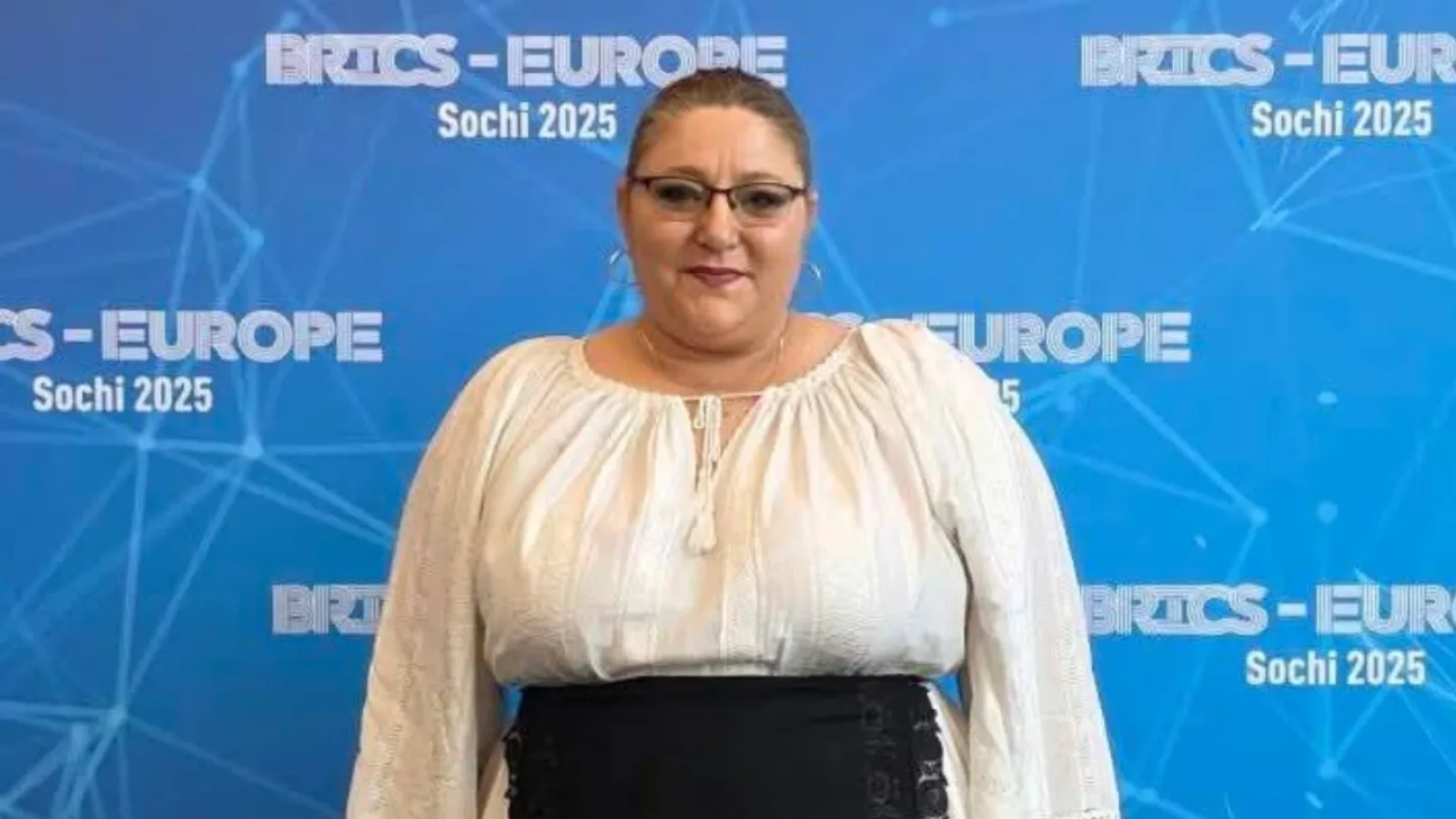
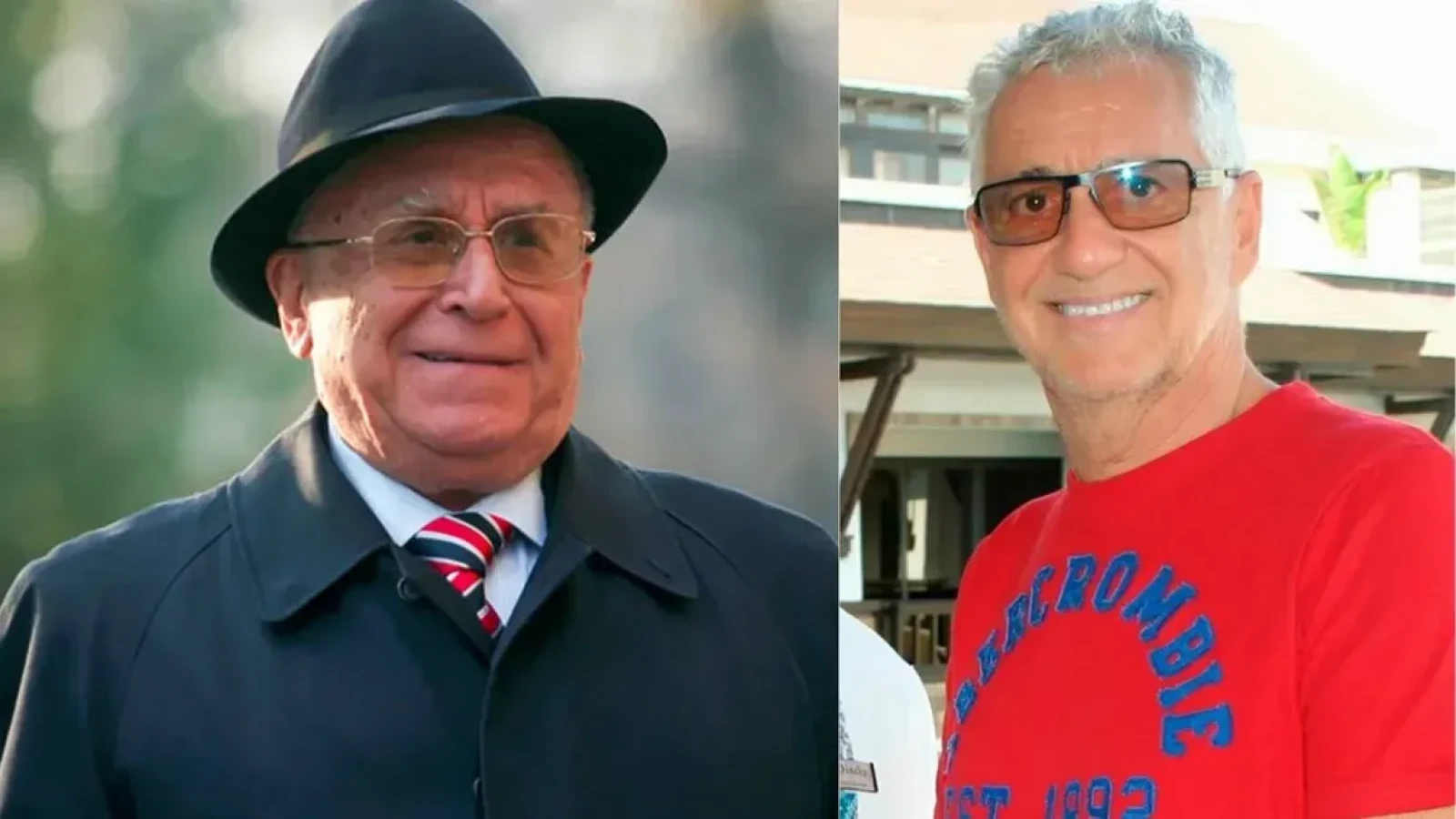

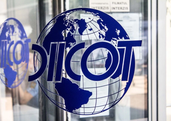
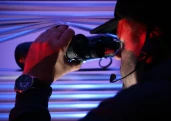
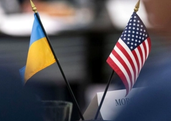
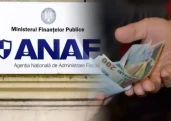



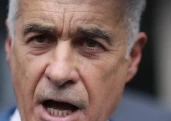

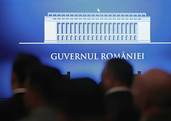





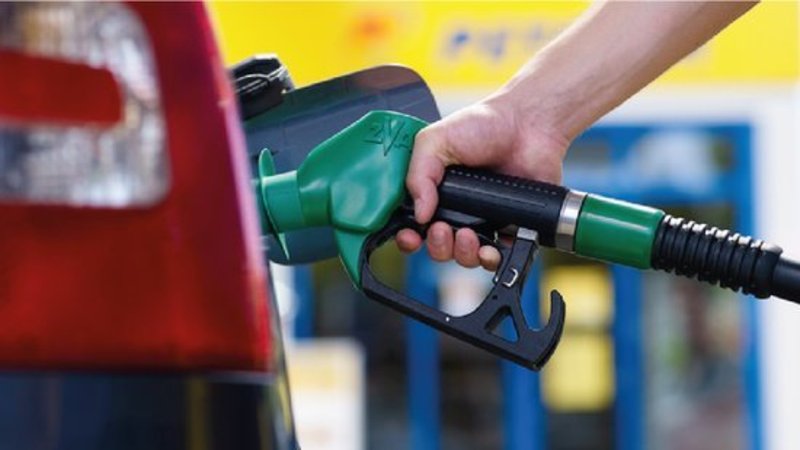











Comentează